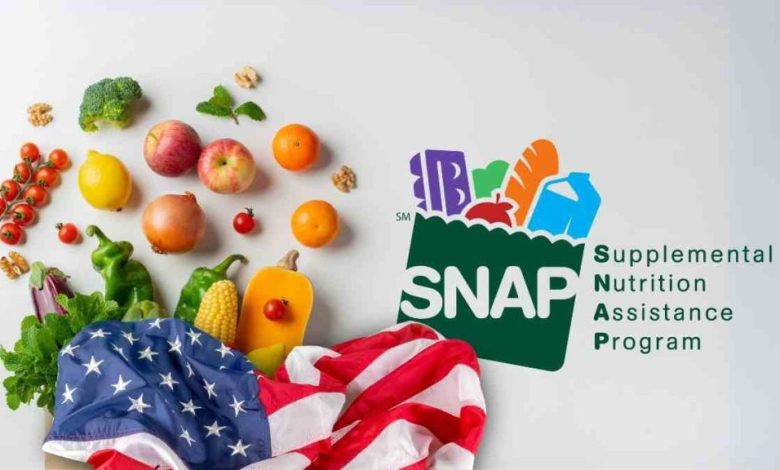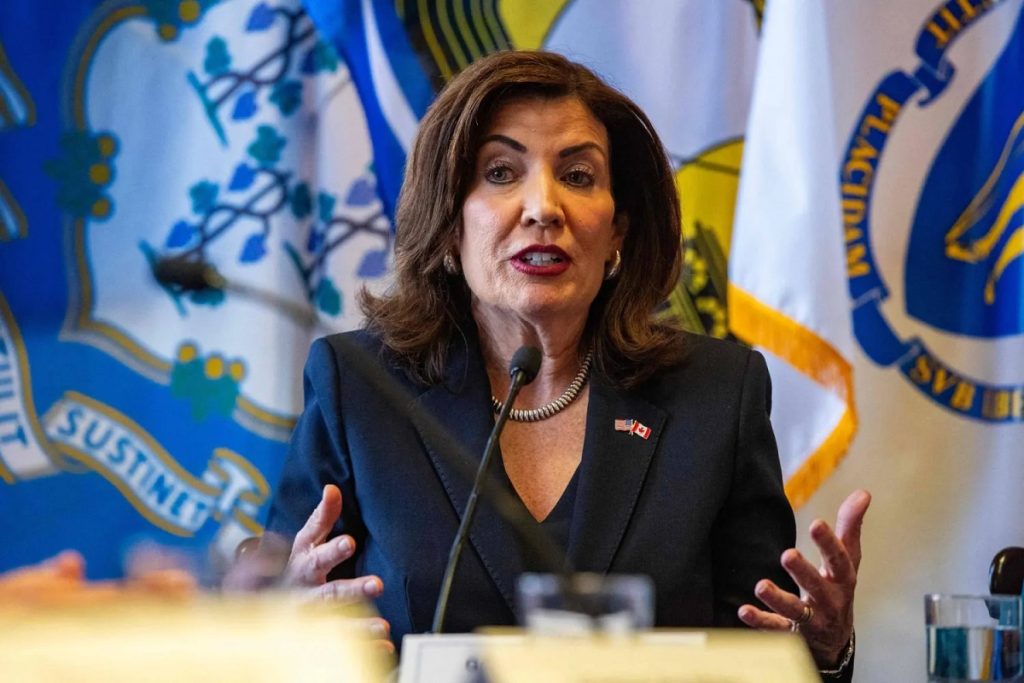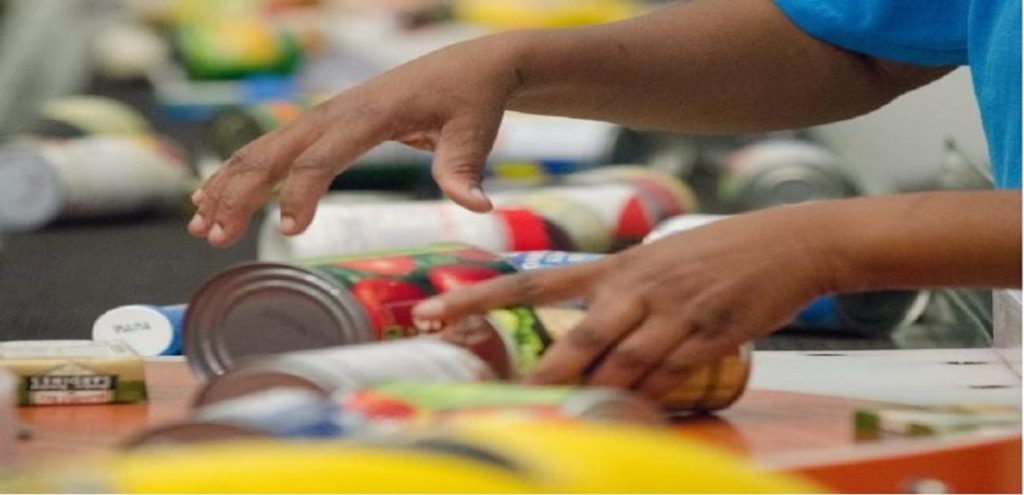New York Restores SNAP Benefits After Court Ruling Ends Weeklong Federal Shutdown Delay
Governor Hochul secures immediate resumption of food assistance for three million residents amid political gridlock and funding disputes.

New York’s vital food assistance programs are set to resume payments this Sunday, bringing urgent relief to nearly three million residents after a difficult week-long delay caused by a complex dispute over federal funding and ongoing legal challenges. The development marks a major turning point for countless families, seniors, and children across the state who rely on this aid for their daily nutrition.
The Supplemental Nutrition Assistance Program (SNAP) benefits will once again be available, ending a period of uncertainty that has gripped the state. The suspension, which began on November 1, was unprecedented in the program’s long history, leaving many New Yorkers deeply anxious about securing essential food supplies for themselves and their loved ones.
The weeklong interruption in federal food assistance stemmed directly from the broader federal government shutdown and an active legal challenge over the allocation of program funds. State officials reported widespread “chaos and confusion” among nearly three million residents who depend on these critical benefits. The sudden halt underscored the essential role these payments play in fighting food insecurity—particularly for low-income families, seniors, and young children.
Hochul Leads Push to Restore Aid
Governor Kathy Hochul emerged as a leading voice throughout the crisis, working tirelessly to restore the suspended benefits. She sharply criticized the federal administration’s decision to withhold funding, calling the situation “senseless and un-American.” Hochul repeatedly emphasized her administration’s unwavering commitment to ending the uncertainty swiftly and ensuring that New Yorkers maintain access to the food they depend on, especially amid ongoing economic hardship.

Federal Court Orders Release of Funds
A major breakthrough came when a federal judge issued a decisive order mandating the immediate release of the withheld funds. In compliance with the court’s directive, the U.S. Department of Agriculture (USDA) released the necessary funding to the states on Friday, paving the way for payments to resume without delay.
While reports indicated that the federal administration sought an emergency stay from the Court of Appeals, New York—along with states like New Jersey—opted not to wait. Instead, they prioritized delivering funds directly to residents as quickly as possible, demonstrating a strong commitment to citizen welfare despite ongoing federal legal disputes.
In an official statement, the USDA attributed the disruption to persistent disagreements with Senate Democrats, citing a broader political deadlock that has affected states nationwide. Despite these federal tensions, Governor Hochul reaffirmed that her administration’s focus remains on mitigating the local impact, stressing that Washington’s actions exposed New Yorkers to “tremendous confusion and chaos.”

Restoring Stability and Security
The Supplemental Nutrition Assistance Program serves as a vital safety net, designed to help low-income individuals and families purchase nutritious food. The recent disruption offered a stark reminder of the program’s indispensable importance—and of the severe consequences that even short-term delays can bring.
With payments now resuming, beneficiaries can look forward to regaining access to the support they need to put food on their tables, easing a week of significant financial and emotional strain. The timely restoration of aid stands as a testament to the persistence and leadership of the state government—and to the community’s resilience in defending essential services for its most vulnerable members.



